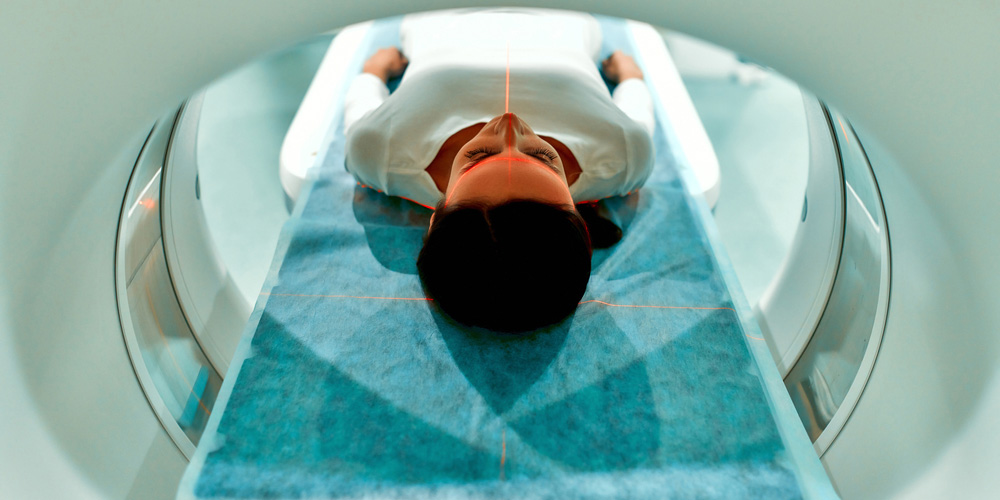
Neuronavigation Surgery

Neuronavigation Surgery in Thane West

What is NeuroNavigation?
Neuronavigation surgery , also known as image-guided surgery, is a technique that utilizes advanced imaging technologies, such as magnetic resonance imaging (MRI) and computed tomography (CT), to guide the surgeon during a surgical procedure. It is commonly used in neurosurgery, but it can also be used in other types of surgery.During surgery, neurosurgeons use neuronavigation to guide or "navigate" within the confines of the bony skull using computer-assisted technologies.
Necessity for Neuro-navigation
There are various conditions of the patient which require surgical removal of one or more affected tissue(s), either in the brain, spinal cord or skull base. Such procedures include removal of brain tumours, deep-seated brain lesions, treatment for movement disorders such as Parkinson’s disease and dystonias. Removal of these tissues may affect one or more functional areas of the brain. To ensure minimum damage to the functional areas, hitherto, key-hole surgery and microscopic procedures were the norm.
However, these come with the limitation that the operational area or field is severely limited. For the procedure to be successful, the surgeon must have extraordinary precision and access to data about the precise location of his/her instruments and distance from the concerned tissue.
During a neuronavigation surgery, the surgeon uses a computer system to display images of the patient's brain or other targeted area on a monitor. The surgeon can then use this information to navigate to the specific location in the patient's body where the surgery is to be performed. The computer system also helps the surgeon to avoid damaging any important structures, such as blood vessels or nerves, during the procedure.
Neuronavigation surgery has several benefits, including:
Increased accuracy: Neuronavigation allows the surgeon to precisely target specific areas of the brain or body, which can improve the effectiveness of the surgery.
Reduced risk: By helping the surgeon to avoid damaging important structures, neuronavigation can reduce the risk of complications during surgery.
Shorter surgery time: Neuronavigation can help the surgeon to complete the surgery more quickly, which can be beneficial for the patient.
Overall, neuronavigation surgery is a valuable tool that can help neurosurgeons to perform complex procedures with greater accuracy and safety.
Treatments
- Brain & Spine tumour (Neuro-oncology)
- Vascular Neurosurgery (Neuro endovascular)
- Neuroendoscopic & Skull base surgery
- Traumatic brain surgeries (Neurotrauma)
- Pediatric Neurosurgery
- Spine surgery
- Minimally invasive brain & spine surgery
- Epilepsy surgery
- Functional neurosurgery
- Neuronavigation surgery
- Peripheral nerve surgery
Choose Our Doctor For The Best Care Of Yourself
Experience Life in the Fast Lane? Your Recovery Can Keep Up
Schedule an AppointmentCopyright © Dr. Anish Gandhi Rights Reserved